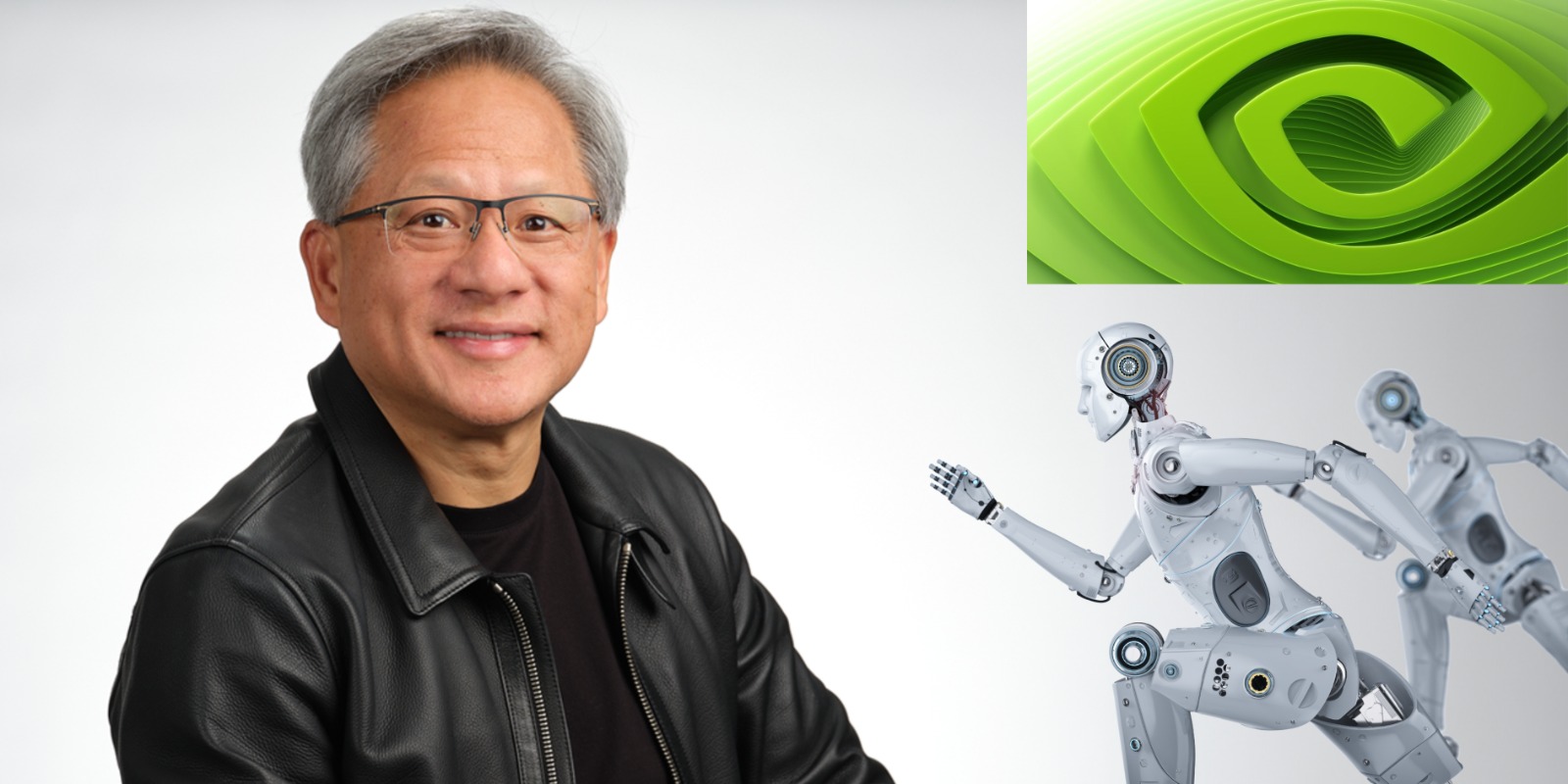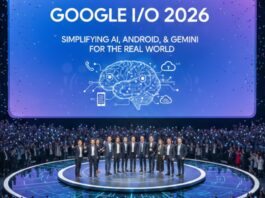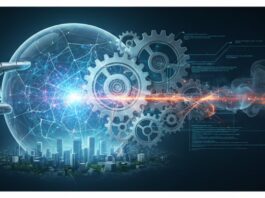
Table of Contents
Artificial Intelligence, or AI, is changing the world. It helps us search the internet, get recommendations, talk to chatbots, and even drive cars. But there’s something else going on behind the scenes — a quiet but serious competition.
Recently, https://medmanor.in/products/ Jensen Huang, the CEO of https://www.musicremembrance.com/testimonials/ NVIDIA, made a big statement. He said, “China already has AI. The real question is whether that AI will run on American platforms.” That’s a big deal, and it tells us a lot about where the world is heading.
This blog will help explain what he meant in simple terms:
- Why is China important in AI
- What role does the U.S. play
- Why platforms matter
- And what does this mean for the future?
Let’s break it down together.
What Is AI and Why Is Everyone Talking About It?
AI is short for Zolpidem Buy Online Artificial Intelligence. That means machines performing tasks that typically require human thinking, such as understanding language, recognizing images, or making decisions.
We use AI every day:
- When we use Google search
- When YouTube suggests a video
- When we talk to Siri or Alexa
- When Netflix recommends what to watch next
AI is not science fiction anymore — it’s already here.
Who Is Jensen Huang and Why Does He Matter?

Jensen Huang is the head of NVIDIA, a company that makes powerful computer chips. These chips are like the brains that help AI work more efficiently and effectively.
If AI is a car, then NVIDIA makes the engine.
That’s why when he speaks about AI, people listen.
What Did He Say About China?
Jensen Huang said:
“China already has AI. The question is whether it will run on US platforms.”
Let’s understand what he means.
- Buy Tramadol 100 Mg Online China knows how to build and train AI models.
- https://www.tooloudrecords.com/dead-pollys/ But platforms like Google, Amazon, Microsoft, and even NVIDIA chips are mostly made by Buy Xanax No Prescription U.S. companies.
- These platforms are what make AI powerful and easy to use.
In short, China may build AI, but it might not be able to use the best tools — unless those tools come from the U.S.
https://reachrehab.co.uk/hydrotherapy-2/ Why Is This a Big Deal?
There are three main reasons:
Ambien No Prescription 1. Technology War
The U.S. and China are both trying to become leaders in AI. Sometimes, they even limit how much tech the other country can use. This is called a tech war.
If China can’t use U.S. chips or cloud services, it may have to build everything on its own, which is hard, slow, and expensive.
2. Control Over AI Platforms
Right now, many of the biggest AI platforms are American:
- ChatGPT (OpenAI)
- Google Cloud AI
- Microsoft Azure AI
- Amazon Web Services (AWS)
These platforms help businesses all over the world use AI easily.
If China builds its platforms, it could mean two separate AI worlds — one run by U.S. companies, and one run by China.
3. Security and Rules
Each country wants to protect its people and economy. They also want to control how AI is used:
- Who owns the data?
- Who makes the rules?
- How do we stop AI from being misused?
These are not just tech questions — they are Buy Ultram Online political and https://itxasofisio.com/conoceme/ economic questions too.
https://www.tooloudrecords.com/unzane/ How Is China Doing in AI?
China is moving fast in AI research and development:
- Big companies like https://ergonoptix.com/technical-specification/ Alibaba, Baidu, and Tencent have built AI models.
- China has millions of users who interact with AI every day.
- The government is investing heavily in AI education and infrastructure.
So yes, Purchase Ambien Online China already has AI — but it still relies on some U.S. tools like NVIDIA chips and cloud computing.
That’s why Jensen Huang’s question is so important.
What Are U.S. Platforms and Why Do They Matter?
AI needs powerful infrastructure — not just the models, but where and how they run. This includes:
- Order Pregabalin Online GPUs (graphics chips made by NVIDIA)
- Cloud servers (like Amazon, Microsoft, and Google)
- APIs and tools that developers use to create AI apps
These platforms enable AI to be faster, cheaper, and more reliable.
If China can’t access these tools, it might face delays in growth or need to rebuild everything from scratch.
What Happens Next?
There are a few possible outcomes:
1. Two AI Worlds
China and the U.S. could each build their own platforms. Businesses would then choose based on country, trust, or rules.
2. Limited Access
The U.S. may continue to sell some AI technology to China, but with strict rules.
3. More Innovation
Competition might lead to faster progress. Each side will try to build better tools.
Why This Matters to Everyone (Even If You Don’t Work in Tech)
AI is already shaping our world:
- It decides what news we see
- It helps doctors find diseases
- It powers apps that schools and businesses use
Where that AI comes from — and who controls it — affects everyone. If AI is split between countries, the internet and technology we use could become very different depending on where we live.
Think of it like having different app stores or search engines in each country.
Conclusion
Jensen Huang’s message is simple but powerful: It’s not just about who has AI, but who controls the tools to use it.
China may have AI technology, but much of the platform power still lies in the U.S. What happens next will shape the future of tech, business, and even daily life.
Whether you’re a student, a business owner, or just someone who loves using cool apps, the AI race between China and the U.S. will affect the world you live in.
So, the next time you ask Alexa a question or get a YouTube video recommendation, remember — you’re using the power of a platform. And that platform might just be the future battleground for global technology.


